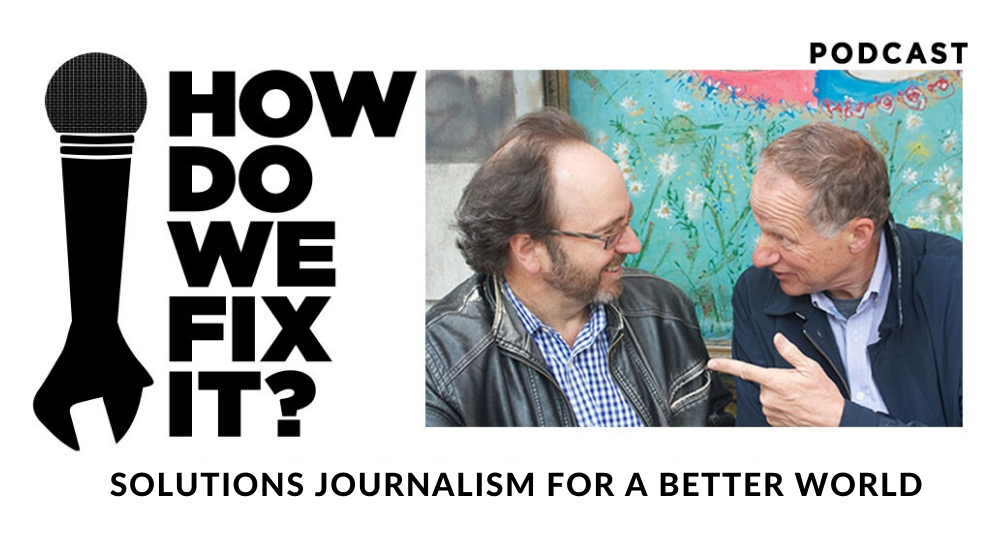Dementia provokes profound moral questions about our society and the meaning of life itself. How much are we connected to one another? In what ways are we distant and separated? What does it mean to have a self? How can we offer dignity to those who suffer from Alzheimer's and other forms of this terrible disease?
Worldwide around 55 million people have dementia. The US Centers for Disease Control estimates that the U.S. total is nearly six million cases. The numbers are growing with the aging of the population. The incidence of Alzheimer’s increased more than 50% in the past 15 years. People over the age of 85 are the largest growing share of the population.
British journalist and author Nicci Gerrard is our guest. Her father's long struggle with dementia led Nicci to investigate what the disease does to those who live with it and to their caregivers. She writes with deep wisdom, kindness, and empathy in her new book, "The Last Ocean A Journey Through Memory and Forgetting."
Read more